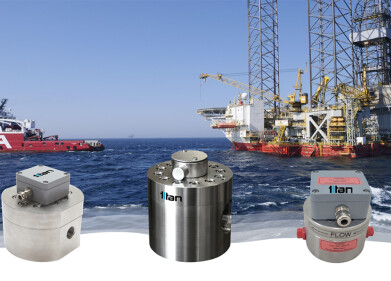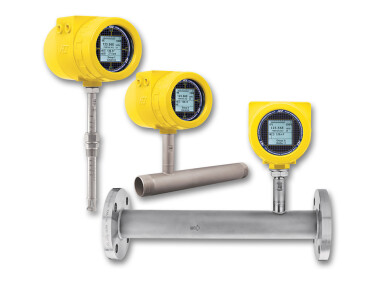Flow level pressure
Germany Simplifies Diesel Clean-Ups
Jan 25 2019
As the European Union moves towards an eco-friendly future, Germany is setting an example for fellow member states and making it easier for manufacturers to offer retrofit diesel emissions solutions to drivers. Generally, seeking approval for vehicle modifications is a lengthy and costly process. Though according to a recent article published by Reuters, Berlin plans to streamline the process.
Transport minister calls on retrofit industry to step up
The new regulations are designed to promote the use of retrofit exhaust systems, which aim to 'greenify' old diesel engines and slash air pollution from fine particulate matter and toxic nitrogen oxides. In an effort to clean up national roads the German government has relaxed the approvals process and made it easier for manufacturers to upgrade existing engines.
“Now it is the turn of the retrofit industry to develop effective systems to meet all limits and regulations,” comments German transport minister Andreas Scheuer said in a recent statement.
New regulations spark debate among German automakers
While it's an eco-friendly step forward for Germany, not all car manufacturers are sold on the concept. For example, while iconic German automaker Volkswagen has pledged to spend around £2600 per vehicle to upgrade engine management systems, it's unclear whether this would cover the cost completely, or even minimise emissions enough to meet EU compliance standards. BMW is taking a different approach and offering drivers incentives towards the purchase of new eco-friendly vehicles, instead of developing and installing retrofit solutions. There's also controversy over who is responsible for retrofit costs, as most old diesel vehicles met clean air standards at the time they were sold.
Lobby groups call for replacements, not upgrades
The retrofit concept has also been slammed by German auto lobby group VDA, which claims that drivers should be encouraged to purchase new vehicles rather than invest in exhaust filtering mechanisms.
“We cannot give a guarantee for a vehicle in which third-party exhaust purification systems have been retrofitted,” maintains VDA president Bernhard Mattes. “If a customer has his vehicle modified, then he and the retrofitter are responsible for any consequential damage.”
While minimising emissions is a top priority for Germany, heightening efficiency remains front of mind for the oil and gas industry. Analysing the latest solutions from Fluid Components International (FCI), 'Multipoint Thermal Mass Flow Meter Optimizes Refinery’s Boiler Air-To-Fuel Mixture Ratio For Higher Operating Efficiency' explores how the MT100 Multipoint Flow Meter has been used to optimise the fuel-to-air mixture ratio and improve the efficiency of boiler systems, lower operational costs and reduce environmental footprints.
Digital Edition
PIN 26.1 Feb/Mar 2025
March 2025
Analytical Instrumentation - Elemental Analysis for Quality and Process Control at Refineries, for Lubricants and Wear Metals in Engine Oils - Synthetic Lubricants: New Developments - Scaling...
View all digital editions
Events
Apr 08 2025 Birmingham, UK
Apr 08 2025 Kielce, Poland
Apr 08 2025 Ravenna, Italy
Apr 08 2025 Southampton, UK
Apr 08 2025 London, UK



















